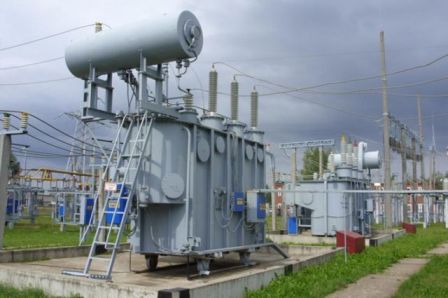


ArmInfo. The electric power market of Armenia will be liberalized. Amendments to the law "On Energy" and a package of related laws were made at a meeting of the National Assembly of Armenia on February 7 in the second and final reading.
According to the Deputy Minister of Energy Infrastructures and Natural Resources Hayk Harutyunyan, in the developed countries the electricity market has long been liberalized, and Armenia is taking the first steps in this direction.
In order to solve the task for the next five years, the draft law regulates the rights and powers of the Ministry of Energy Infrastructures and the Commission for Regulating Public Services, as well as mechanisms for trade and consumer protection. The current model of electric power system management was introduced in 2004, and is based on the sole buyer and seller model.
According to the current law, the operator in the person of "Electric Networks of Armenia" undertakes to carry out wholesale purchases of electricity from generation facilities and resell it to consumers. Meanwhile, the country's electricity market, both large-wholesale and small-wholesale, does not fully regulate issues related to the export-import of electricity. The amendments envisage the liberalization of the energy market in Armenia, which is conditioned by the needs of the domestic market, as well as by using the opportunities for electricity trade in the region. To liberalize the electricity market, it is necessary to move to a new market model, which helps to increase the efficiency of wholesale and retail markets.
As a result of the amendments, Armenia will switch from a single regulating model of a seller-seller operating in the market to a new liberal model, modern trade rules will be introduced, the tariff regulation system will be improved, and new instruments for the development of interstate trade will be introduced. It is envisaged to divide the functions of distribution and equipment, as a result of which other suppliers, each as a licensed organization, will be able to act on the market, which in turn will increase the levied state duties.
Today, neither electricity producers nor its large consumers are responsible for sales and consumption volumes (ordered capacities), which can cause unlimited fluctuations in tariff regulation. In the context of the best international experience, the responsibility of producers and large consumers for the quantities of electricity ordered and actually used should become. On the road to market liberalization, it is envisaged to create both an electronic platform and the formation of new structures in the electric power market.
In particular, it is envisaged to create a market operator, who will act as the main person in charge of electricity trade. It is also planned to improve the tariff policy and introduce effective mechanisms. Speech, in particular, is about night and daily rates, their magnitude, time of application. In this regard, it will also be possible to consider seasonal, peak or nighttime busy times in order to establish new tariffs.
Liberalization of the electricity market will have a direct impact on tariffs. It is expected that the use of competitive elements will help reduce tariffs. Under these conditions, each market participant will seek to reduce costs in order to gain a favorable position in the market and sell their products. As a result of a number of programs of regional importance, it is expected to create a basis in this direction in 2019.